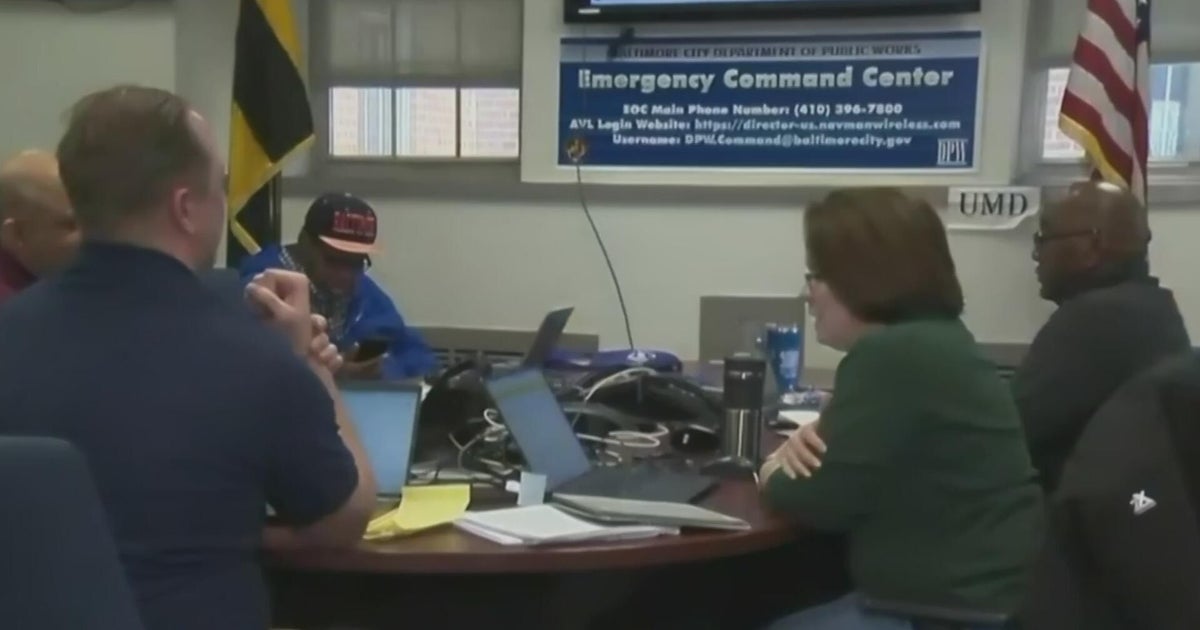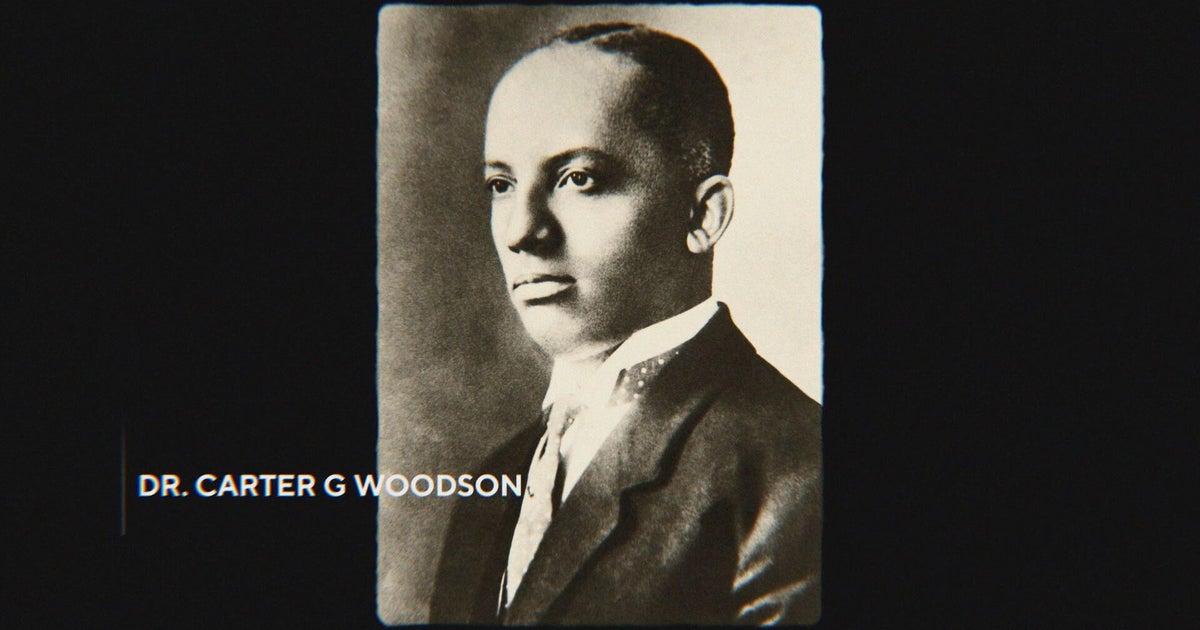Preventing, Treating Virtual Voice Fatigue As Remote Work Continues Amid COVID-19 Pandemic
PITTSBURGH (KDKA) -- Deprived of our conference rooms and meeting spaces we've adapted over the last year to a world of endless virtual meetings. All that 'zooming' is resulting in a new issue – 'zoom voice fatigue.'
There is nothing virtual about the discomfort and pain and its about more than the number of hours you spend meeting on line.
Dr. Paul Bryson of the Cleveland Clinic says it is also about the equipment you are using and how you are using your voice.
"A lot of times, a home work environment isn't necessarily set up for acoustics or amplification. It's sometimes hard to regulate the amount of vocal effort that they take. And also just loudness."
When we meet online, Dr. Bryson says we don't get that in-person advantage of facial expressions and bodily clues which "can cause repeating oneself talking over others. You may find that you're speaking louder to make your point, because you're just not aware of how the sound is being received, you know, by your other colleagues."
Do that all week and Dr. Bryson says, "What can happen then is over the sustained repetitive meetings, where perhaps you're talking a bit louder than what you appreciate, you know, like any muscle system with us, it starts to fatigue."
And that fatigue will take the form of a sore throat or a hoarse voice.
Watch as KDKA's John Shumway reports:
So to save your voice, Dr. Bryson says start with a real basic. "Hydration can play a role. And overall vocal load." You may not be able to control the vocal load, but adjusting the hydration is doable. Never sit down to a meeting without having a glass of water nearby. "You have to be careful with some things if they have caffeine, you know, a lot of caffeine can be a dehydrator, which then can you know potentially dry up the secretions on the on the voice box that are naturally there for lubrication and to help vibration."
And Dr. Bryson says taking a look at the equipment you are using. "You know, having a good camera having a good mouth microphone. I have colleagues that will wear a headset and a microphone so that they are able to, you know to hear you know how loud they're speaking." A headset or earbuds with a microphone will not only allow you to hear better it will reduce how loudly you are speaking.
Above all else Dr. Bryson says listen closely to the quality of your own voice. Often the sound of your voice will change even before you have discomfort in your thorad. Dr. Bryson says that's important, "Because it can alert the patient and it can alert the physician that something is up."
He says be careful about using remedies that make your voice feel better, like a throat lozenge because they can mask a developing problem that will only get worse. "We still have to try to you know, develop that discipline to carve out breaks and to you know, hydrate and rest."
If your throat discomfort does not resolve with rest and hydration in two to four weeks, you should see a doctor.







